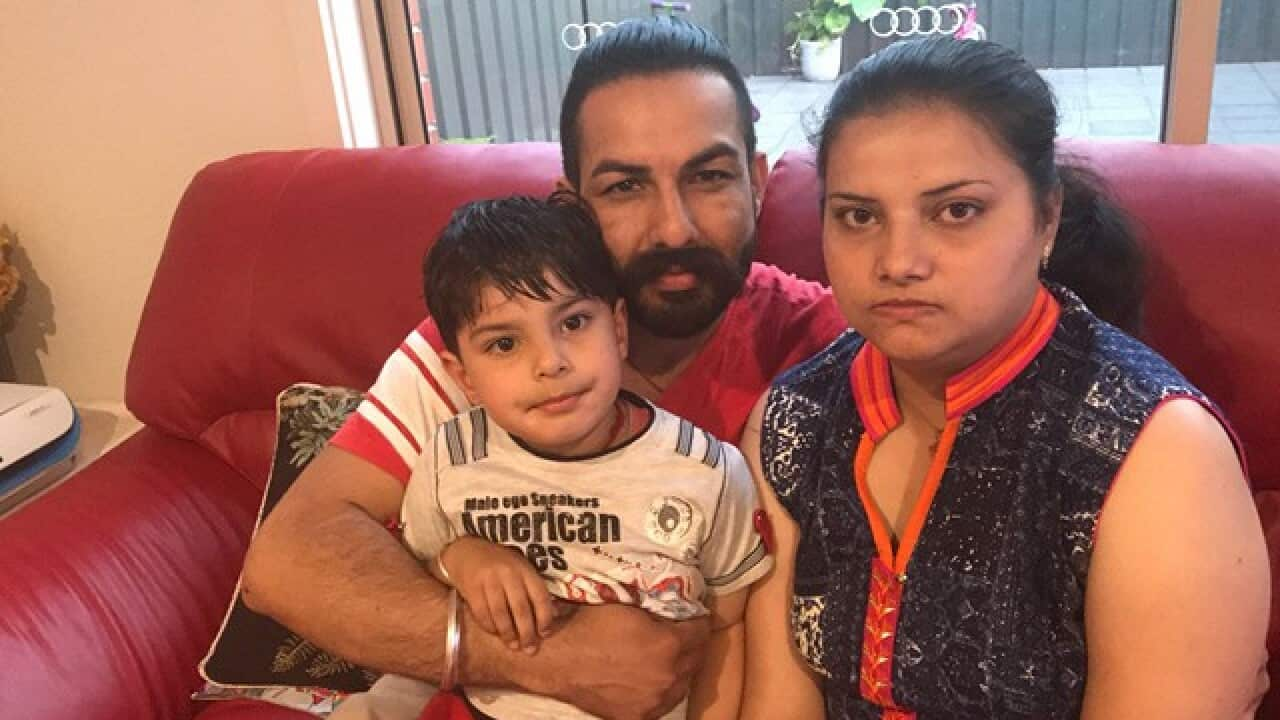A woman in her mid-twenties, who has been dubbed ‘IELTS bride’ has had her claim for refuge in New Zealand accepted by the Immigration and Protection Tribunal.
In a decision released this month, the tribunal held that the woman would be at significant risk or would be killed if she returned to Punjab where her husband lives.
The tribunal heard that Simran Kaur*- married to a man who came from a wealthy and politically connected family- believed she was genuinely married to her husband but that her husband and his family had only established this relationship on the condition that she would obtain a visa to study overseas.
Before their marriage, Ms Kaur’s husband told her family that the marriage would take place within a month of her sitting an International English Language Testing System (IELTS) and applying for a visa and the wedding reception would be held after the visa was granted, reported.
She sat an International English Language Testing Systems (IELTS) exam - which is often considered the first but a significant step towards an opportunity to live and work in developed countries, such as Australia and Canada, in September 2010 and scored 5.5 bands.
However, Ms Kaur’s application for an Australian student visa was declined. Her subsequent student visa applications for Australia and Canada were also declined.
Though now married, she was forced to live with her parents and her husband became increasingly controlling and abusive.
He became violent and stopped Ms Kaur from visiting her sick father in the hospital and did not allow her to attend a cousin’s wedding.
“While in the bedroom together, [her husband] started by slapping her face, which culminated in him attempting to strangle her. The day following the reception, he pulled her hair, beat her, and kicked her in the stomach. On successive nights, [he] continued to assault [her] in their bedroom,” the tribunal heard.
In September 2014, her husband applied for a student visa to New Zealand on Ms Kaur’s behalf.
On learning that she was pregnant, her husband forced Ms Kaur to undergo an abortion, fearing it may affect her chances of getting a visa to New Zealand.
“When she refused, he kicked her repeatedly in the stomach. Later, he and his parents took the appellant to a local hospital and arranged for an abortion to be performed. They then took her to convalesce at one of their relative’s homes for a few days. The appellant again felt suicidal,” the tribunal heard.
Though Ms Kaur’s NZ student visa was approved in January 2015, her husband’s application for a dependent visa was declined twice.
The tribunal was told he continued to control Ms Kaur from India, including forcing her to send him money and where she could live and work.
When she told her husband she wanted a divorce, he threatened to kill her younger brother and rape her sister.
Fearing she might be hurt or even killed if she returned to India, Ms Kaur applied for refugee and protected person status in New Zealand.
A refugee and protection officer first declined her application, but her appeal has been upheld by the Immigration and protection tribunal.
The tribunal ruled that it would not be safe for her to return to Punjab or anywhere in India as a single divorcee.
“There can be little doubt that, should the appellant return to her home district of the Punjab in India, she would be seriously harmed or killed,” the tribunal said.
"Given the appellant's experience of family history of mental illness, her own history of self-harm, and personal background of domestic violence she will be particularly vulnerable to future psychological and/or physical abuse. She still suffers from the effects of past abuse, including having an enforced abortion."
However, the Tribunal said Ms Kaur and her family could not have been oblivious to her husband's motive of using their marriage to secure a visa through an "IELTS Bride"
"Given the prevalence of contract marriages in Punjab, and the pre-marital stipulation from [husband's] family that the appellant first sit an IELTS test and apply for a visa, the Tribunal rejects this aspect of the evidence as implausible."
*Not her real name.
More from SBS Punjabi

Father being forced to return to India leaving family behind

